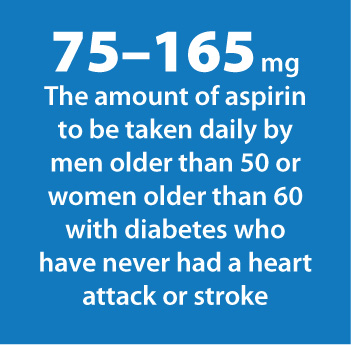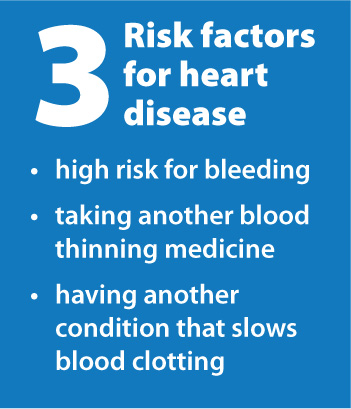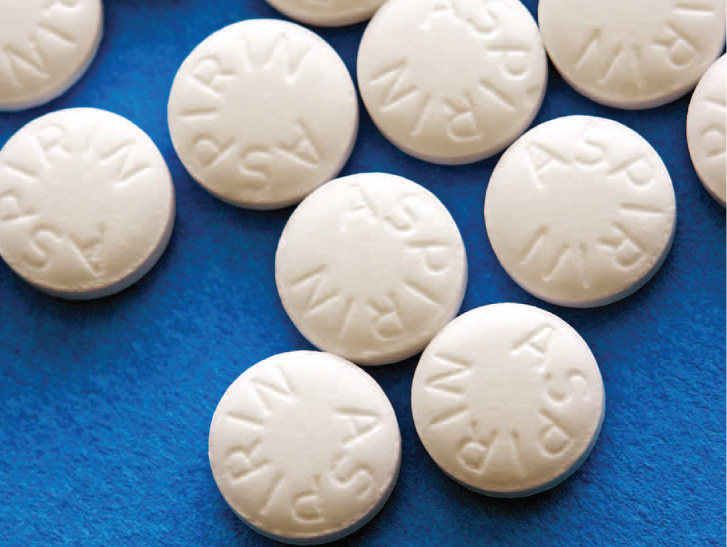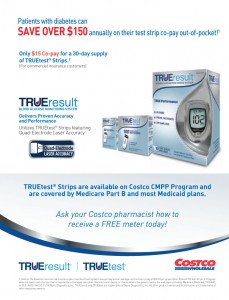WHAT YOU SHOULD KNOW ABOUT THE LINK BETWEEN THIS SIMPLE MEDICATION AND THESE SERIOUS CONDITIONS.
Do you, or does someone you know, take an aspirin every day to lower the risk of a heart attack? Heart disease is the No. 1 killer of Americans, and millions of Americans take an aspirin every day.
If you have diabetes, your risk of heart disease is two to four times greater than people without diabetes. Taking an aspirin could be even more important for you than for others.
However, there are some risks in taking aspirin, and not everyone should take it. The American Diabetes Association has provided a set of guidelines to help people know if they should take aspirin.
 How does aspirin lower your risk of heart disease?
How does aspirin lower your risk of heart disease?
Heart disease starts when vessels that bring blood to the heart are damaged by unhealthy conditions, such as high blood pressure, high cholesterol and smoking. As the damage continues,thick, fatty deposits made up of cholesterol and calcium build up inside the blood vessels, called plaque. This narrows the blood vessels and limits the amount of blood that can pass through them.
Sometimes one of these plaques breaks open. When this happens, a blood clot can form in the blood vessel and stop blood from getting back to the heart muscle. Without blood, the heart starts to die—this is a heart attack.
Aspirin can help stop the blood clot from forming. The first thing that happens when a blood clot forms is that cells in your blood, called platelets, stick to the injured area. This happens if the injury is a cut on your finger or if it occurs inside your blood vessels.
Aspirin works by making platelets less sticky so they don’t form a blood clot in a potentially dangerous place—such as inside your blood vessels.
 Can taking aspirin cause problems?
Can taking aspirin cause problems?
Aspirin can cause some problems, but the risks are very small. Because aspirin makes it harder for your blood to clot, bleeding may occur in your blood vessels as well as other parts of the body. This is because aspirin makes it harder for your blood to clot, not just in blood vessels but also in other parts of your body.
With any medicine, there is a balance between the benefit and the risk of taking it. With aspirin, the risk of bleeding is very low. You won’t bleed to death if you cut your finger while making dinner, but if you’re in a bad car accident,
it may be harder to stop the bleeding from any injuries that may occur.
Fortunately, serious accidents don’t happen too often, but this is still a good reason why you shouldn’t take an aspirin without first talking with your healthcare provider.
What do the guidelines say about who should take aspirin?
Your healthcare provider will help you understand your heart disease risk, and can decide if you are a low, medium, or high risk based on:
- your age
- your gender (men are at greater risk than women)
- family history of heart disease
- if you smoke
- other medical problems, like high cholesterol, high blood pressure, diabetes and obesity.
by Robert Ehrman MD


